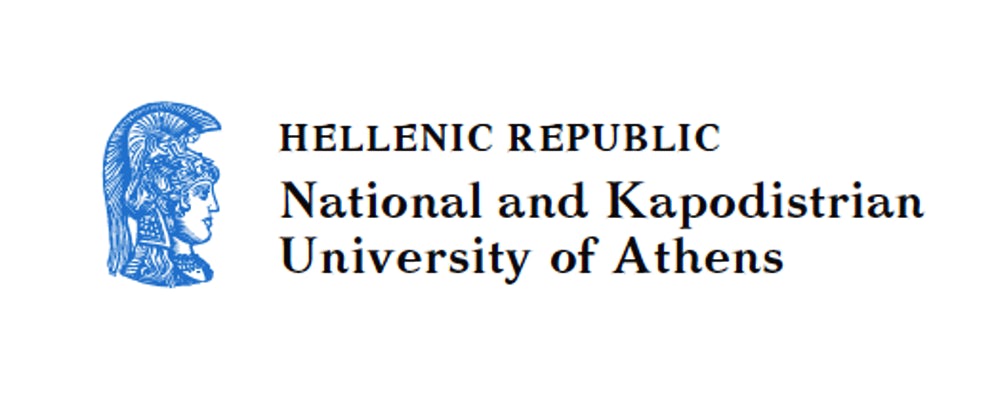
Website: en.uoa.gr
The National and Kapodistrian University of Athens (NKUA) is the oldest University in Greece and the first Higher Education Institution in the Balkan and Eastern Mediterranean area. NKUA has eight schools offering a range of study areas defined by great variety and scope. NKUA aims to maximise the benefits of research by advancing fundamental knowledge and contributing to better public policy, improved health outcomes, economic prosperity, social cohesion, international development, community identity, the arts, culture and the quality of life.
Within the above framework, and in an effort to organise and facilitate the study of the Greek microbial diversity and evaluate its biotechnological and biomedical potential, the NKUA has established the Culture Collections of the University of Athens (CCUoA). CCUoA is a unified network of laboratory preserved culture collections that belong to three different labs of the National and Kapodistrian University of Athens. It comprises of five individual units distinguished by the type of microorganism they are specialised. These units are i) ATHUM for fungi, ATHUCY for cyanobacteria and ATHUAL for algae that are curated by the laboratory of Systematics and Ecology of the Department of Biology; ii) ATHUBA for bacteria and archaea, curated by the laboratory of Microbiology of the Department of Biology; and iii) UOA/HCPF for pathogenic fungi, curated by the laboratory of Microbiology of the Medical School. CCUoA cumulatively comprises of over 10000 pure isolates. The majority of the strains are isolated only from Greek specific habitats with special climatic characteristics. The isolates originated either from food products, soil, marine environment or airborne; others are clinical strains, lignicolus, fungicolous or/and pathogenic strains.
